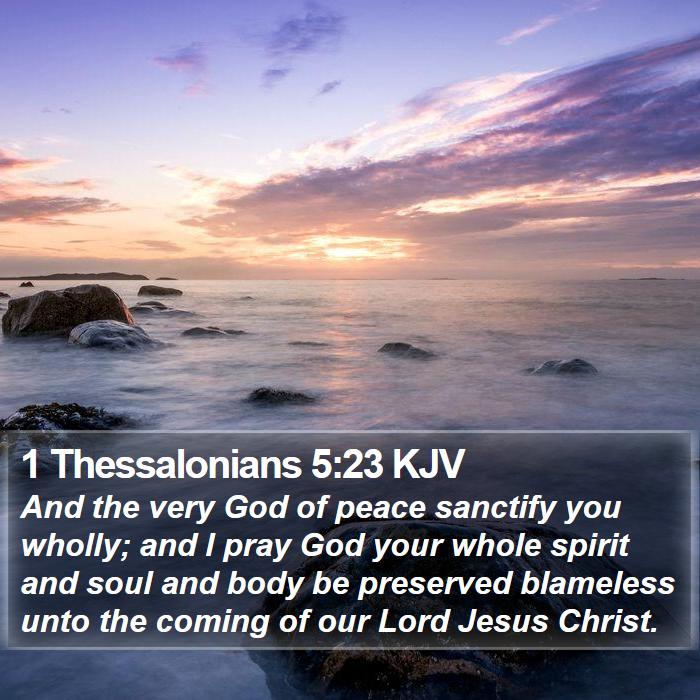There is disagreement amongst biblical scholars regarding their view of the constituent elements of human beings. One view is called the dichotomy view which considers that human beings are made up of two distinct parts, namely, body and soul. A second view is called the trichotomy view which holds that the human body is made up of three distinct parts body, soul, and spirit. A third view is called the monistic view which believes that body, soul, and spirit are just three different ways of describing the human being.
Monism is popular among liberal and neo-orthodox theologians as well as Jehovah’s Witnesses and Seventh-day Adventists.[1] Generally speaking, most Christian scholars are either dichotomists or trichotomists.
The dichotomy view teaches that a human being consists of two distinct but inseparable (in this life) parts, namely, body and soul. The physical body is the “material” (i.e., consisting of matter or substance) part of a human being and the soul is the “immaterial” (i.e., having no matter or substance) part. The living human being is not made of two parallel parts or two separate parts but a human being is one living being made of two distinct but indivisible (during life) parts. What is impossible during a human being’s life becomes possible at death when the material body separates from the immaterial soul. The body returns to the earth from whence it came while the disembodied soul returns to God from whom it was given (see, Gen. 2:7).
As already mentioned, the trichotomy view holds that the human body is made up of three distinct parts, body, soul, and spirit. Those who take this view consider two scriptures as support for their position. The first is 1 Thessalonians 5:23 which states “Now may the God of peace himself sanctify you completely, and may your whole spirit and soul and body be kept blameless at the coming of our Lord Jesus Christ.” The second is Hebrews 4:12 which states “For the word of God is living and active, sharper than any two-edged sword, piercing to the division of soul and of spirit, of joints and of marrow, and discerning the thoughts and intentions of the heart.”
Trichotomists believe that because these two words, soul and spirit, or so frequently mentioned in the Bible that this somehow indicates that they are two separate parts rather than the same thing viewed from two different aspects as the dichotomists believe. But as Berkhof has pointed out in his Systematic Theology, “A careful study of Scripture clearly shows that it uses the words interchangeably. Both terms denote the higher or spiritual element in man, but contemplated from different points of view.”[2]
The dichotomy view takes the position that the Bible uses the terms soul and spirit interchangeably which we see when we consider that both soul and spirit are used to refer to the incorporeal element of the dead (1 Pet. 3:19; Heb. 12:23; Rev. 6:9; 20:4). Another point in favor of dichotomy is that some scriptural passages talk of human beings as “body and soul” (Matt. 6:25; 10:28), but elsewhere it is referred to as “body and spirit” (Eccl. 12:7; 1 Cor. 5:3, 5). Moreover, death is spoken of as “giving up the soul” in Genesis 35:18, 1 Kings 17:21, and Acts 15:26 and as “giving up the spirit” in Psalm 31:5, Luke 23:46, and Acts 7:59.
One of the clearest examples of Scripture that proves the point that soul and spirit are one and the same is Luke 1:46-47 which states “And Mary said, My soul magnifies the Lord, and my spirit rejoices in God my Savior,” as a part of Mary’s Magnificat. This is an example of Hebrew synonymous parallelism that, in this case, involves a couplet in which the second sentence of the couplet simply restates the first sentence with different words that have similar meanings. John Calvin wrote of this parallelism in his Commentaries. “The words soul and spirit are used in Scripture in various senses, but, when employed together, they denote chiefly two faculties of the soul; spirit being taken for the understanding, and soul for the seat of the affections.”[3]
“The prevailing representation of the nature of man in Scripture is clearly dichotomic.”[4] The words soul and spiritare used interchangeably in the Bible to refer to the immaterial or incorporeal part of human beings. These two words are used merely for the purpose of indicating a view of a different aspect of the immaterial part of human beings.
Although numerous Christian commentators take the trichotomy view, the evidence is more convincing for the dichotomy position, namely, that there are only two elements of human beings, body and soul, and that the soul and spirit, though often mentioned separately, are nevertheless one and the same element viewed from a different aspect.
[1] Robert Gonzales, Jr., “Man’s Constitution As A Physical-Spiritual Unity,” Reformed Baptist Theological Review 6, no. 1 (Jan 2009): 29.
[2] Louis Berkhof, Systematic Theology (The Banner of Truth Trust, 2021), 187.
[3] John Calvin, John Calvin’s Complete Commentaries: The Acts of the Apostles, Kindle Edition, ed. Henry Beveridge (The Ephesians Four Group, 2013), Luke 1:46.
[4] Berkhof, 186.

